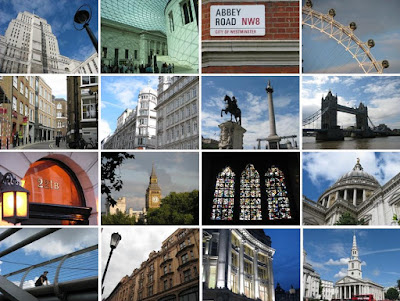People

Places

Things




Permitted practices
|
Prohibited practices
|
1. Editing stuff written by ed board members
2. Changing the number of columns on a page (within acceptable limits)
3. Cropping photos
(continued…)
|
1. Editing general body contributions
2. Changing font size
3. Having pictures whose width is not an integral multiple of column width
(continued…)
|
This is method #43 of entertaining yourself while writing research papers.
It’s not often that something I see in a textbook on Antitrust Law makes me laugh, but this did.
It is the night before (or more accurately, the morning of) my Indirect Tax viva voce, and I am trying to come to grips with reams of notes on what must surely be one of the driest subjects taught in law school. Around 3 am, just as I am warming to my task, the following Kafkaesque provision comes to my notice.
Rule 7 of the Central Excise Rules, 1944 states that the producer or manufacturer of excisable goods is liable to pay the duty leviable on such goods. The proviso to this rule, intriguingly states that nothing contained in the rule shall apply to khandsari molasses. In other words, for khandsari molasses, alone among the ranks of manufactured or produced goods, the excise duty is to be paid by the purchaser and not the manufacturer.
Why have an exception to the perfectly sensible rule that excise duty should be paid by the manufacturer? Why make it applicable to khandsari molasses alone? What, when it comes to that, are khandsari molasses?
I did what any red-blooded law student would do under the circumstances: put away my notes and directed my attention to answering these questions. When I eventually found a case (Ranson Industries v. Union of India) where the constitutionality of the exception was challenged, I thought my questions would be answered at last. But incredibly, the Division Bench of the J&K High Court, in a 5,070-word judgment, never once saw fit to answer the one question anyone might reasonably be interested in: Why has a special provision been made for khandsari molasses? The closest they came to an explanation was the lame-ass justification: “A duty on home produced goods will obviously be imposed at the stage which the authorities find to be the most convenient and the most lucrative.” Judges…
Anyhow, my researches led me to the Wikipedia article on molasses, which took me to Carob Tree, and thence to Simon bar Yochai and…well, you know how it goes. For the exam, the teacher asked me to speak on “taxable event”. On any other day, I’d have knocked ’em dead with my gripping account of the In Re Sea Customs Act case. As it happens, eyewitnesses say that my performance consisted of rubbing my eyes and mumbling brokenly about excise duty and molasses.